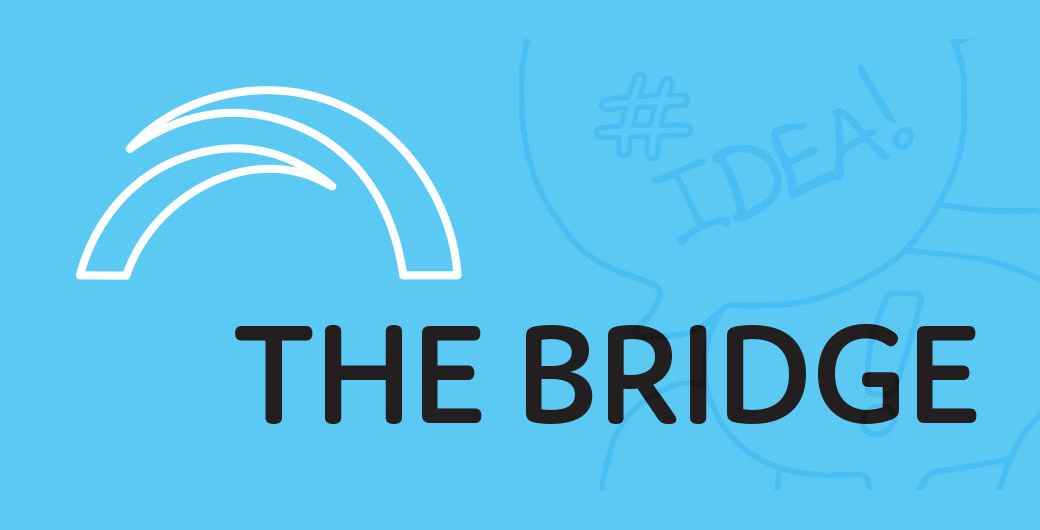
Language matters in shaping perceptions and guiding behaviour. The term stakeholder is widely used, yet little attention is paid to the possibility that its use may reinforce systemic inequities. An article in Sustainability Science examines its limitations, particularly in relation to the research sector. It emphasises the importance of using language that promotes inclusion and fosters meaningful participation in decision-making processes. Rather than advocating a single alternative term, the authors suggest a focus on the people, places, and species affected by decisions, projects, and issues.
What are the issues with the term ‘stakeholder’?
Language conventions matter, because words, and the context of their use, guide our practice. They can confuse if ill-defined, and may (un)intentionally exclude others by sending value-laden messages about who belongs and whose ideas do or do not matter.
The term stakeholder has been used extensively in processes that aim to inform, consult, engage and work collaboratively with those who could be affected by resulting decisions and other actions. Although the term is widely accepted in both formal and informal settings, the authors identify inherent issues with the term as it can perpetuate colonial harm and may undermine or contradict the positive intentions that justified its adoption.
The stakeholder paradigm reduces the relationships between people and place to transactions. These ignore the cultural and spiritual significance of the land and the non-human species to which people are inherently connected. The term is often poorly defined and used as a catch-all term to encompass groups as diverse as audiences, the public, communities, citizens, employees, policy makers, funders, research participants, species, and more. This is a problem as poorly defined terms can leave room for (mis)interpretation and bias.
Moving beyond terms
Several initiatives have emerged within individual disciplines to tackle problematic terminology. Similarly, there have seen moves towards person-centred language in many domains, such as a ‘person in prison’ rather than a ‘prisoner’ or ‘offender’ in criminology. Or a ‘person with disability’ rather than a ‘disabled person’.
The arguments informing these shifts assert that certain terms inherently dehumanise and perpetuate stigma. These terms are not only experienced as hurtful, exclusionary, and judgemental by the person in question, but also reinforce damaging biases in the minds of those who use and hear the language.
If the goal is to include and enable more people to engage with and benefit from research, the authors argue the need to move beyond the term stakeholder.
A quest for alternative terms is not sufficient
There has been limited discussion of alternatives to the term stakeholder, despite concerns about its conceptual and ethical integrity. Given the wide range of contexts in which the term can be used, it may be difficult to find a universal alternative. It is unlikely that any single term will satisfy all purposes and the meaning of any given term will change between contexts.
The authors argue efforts would be better spent creating processes that can centre the agency and empowerment of participants, rather than trying to come up with a new universal term. Such work must acknowledge people’s right to choose their own preferred terms. There is a need to develop processes and language that can identify, represent, empower, and give voice to those who are to be engaged.
The following recommendations are made:
- Recognise the role of language in how people experience the world and relationships. For research to retain (or, perhaps, regain) public trust, it must be experienced as inclusive, accessible, and fundamentally relational.
- When reflecting on the role and use of language, issues of power need to be considered so that strategies for more inclusive research do not reinforce, but rather explicitly tackle existing inequalities. There needs to be a focus more on principles processes, and outcomes rather than terms.
- A social justice lens needs to be applied and underpinned by strong ethical values and inclusive practices. Particular attention should be paid to engaging with and empowering marginalised groups in the processes, structures, decisions, and spaces that affect their lives.
- Foster a culture of meaningful and reflective engagement which supports researchers to engage with others in respectful, inclusive, and caring ways.
- Design and engage in processes that enable relevant parties to self-identify how they would like to be referred. For example, make co-developed vocabulary an explicit part of engagement, with the aim of recognising pluralities.
The bottom line
Research, practice, and action should use available resources to engage meaningfully and inclusively with the widest possible range of relevant groups. It is also important to recognise limitations and context that may prevent engagement from being truly inclusive in all situations. For example, opportunities may be limited by resource and time constraints. In some situations, it may cause more harm to create unrealistic expectations from engagement which ultimately undermine trust.
Want to read more?
Reimagining the language of engagement in a post-stakeholder world – Mark Reed and others, Sustainability Science, April 2024.
Each fortnight The Bridge summarises a piece of academic research relevant to public sector managers.

Other recent Research Brief on similar issues:
- Published Date: 31 July 2024
